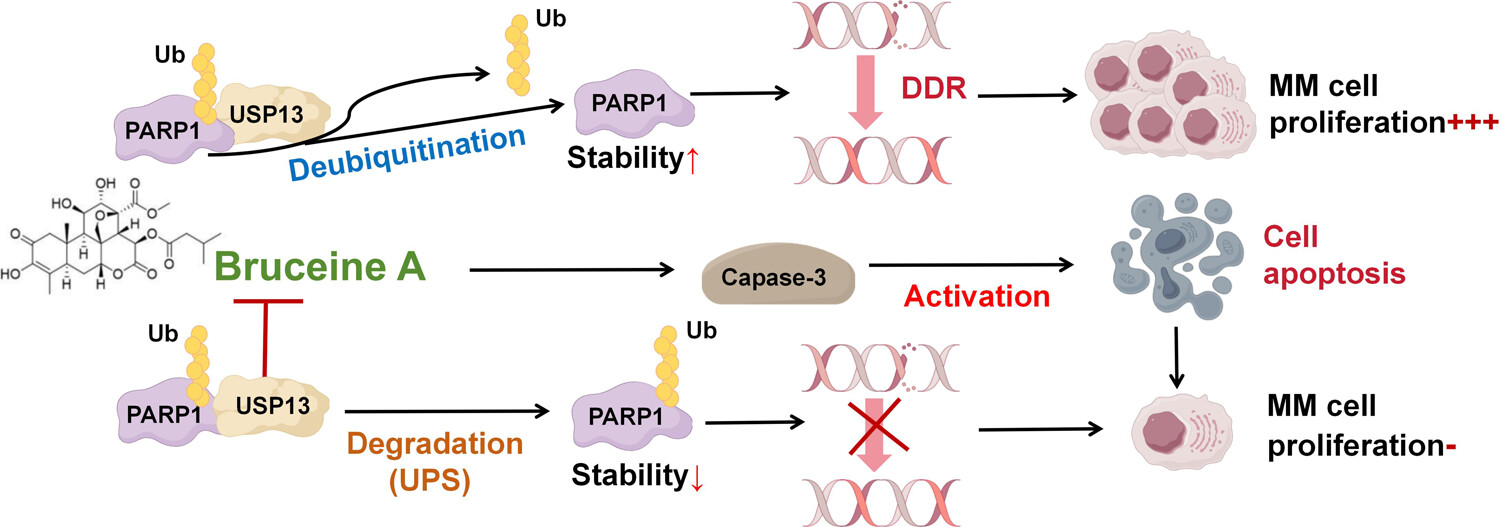Journal list menu
Export Citations
Download PDFs
Articles
no
Eugenol Alleviates Cerebral Ischemia–Reperfusion Injury in Mice by Promoting the Phagocytosis of Microglia via Up-Regulating Tripartite Motif Protein 59
- First Published: 27 May 2025
Free Access
free
Traditional Chinese Medicine for Anti-Arrhythmias: Mechanisms via Potassium Channels
- First Published: 03 June 2025
Free Access
free
Application of Artificial Intelligence in the Development of Traditional Chinese Medicine
- First Published: 09 June 2025
Free Access
free
Traditional Chinese Medicine for Inhibiting Ferroptosis in Ischemic-Related Diseases
- First Published: 28 April 2025
no
Gentiopicroside Attenuated Dopaminergic Neurodegeneration via Inhibiting Neuroinflammatory Responses and Ferroptosis in Experimental Models of Parkinson's Disease
- First Published: 21 April 2025
Open Access
oa
Bruceine A Inhibits Cell Proliferation by Targeting the USP13/PARP1 Signalling Pathway in Multiple Myeloma
- First Published: 28 March 2025




